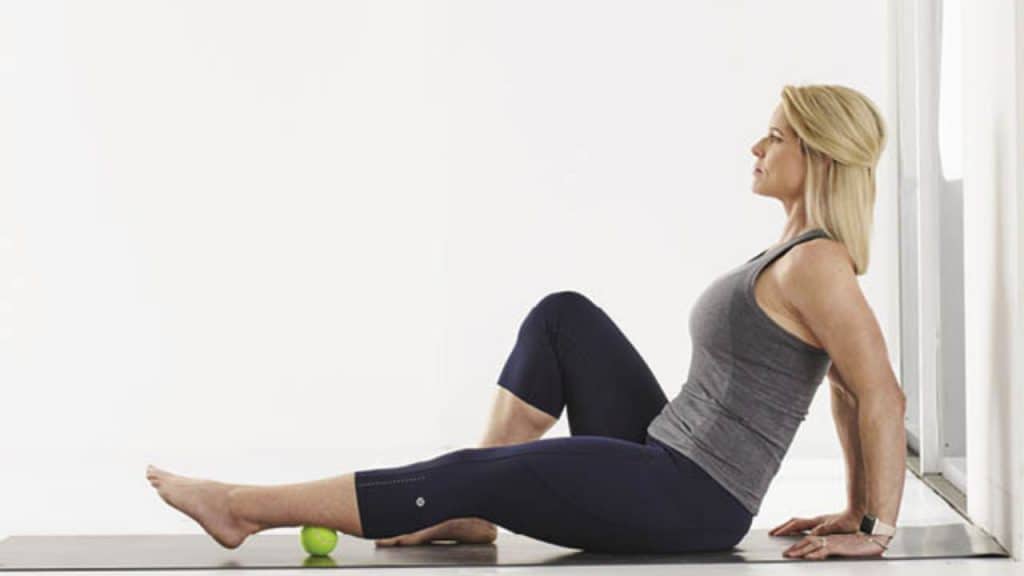It might seem inevitable that as we age, we lose mobility. Even without the increasing risk of conditions like arthritis and osteoporosis, the muscles will get slower and the joints get stiffer just as a natural part of getting old.
There are ways you can mitigate some of these effects, however. The healthier your lifestyle, the longer you’ll be able to maintain your mobility and the better you’ll feel generally. That starts with hydration. If you don’t get enough fluids, nothing in your body will work properly, including your muscles, ligaments and joints.
Just like mobility, hydration is something that gets more difficult as we grow older. As you age, you need to drink more. Nearly every one of the body’s systems is affected by your water intake. It keeps the digestive system working, it helps carry oxygen and nutrients around the body, it’s essential to healthy skin, and perhaps most relevant to your mobility, it can lubricate your joints.
Not only that, when you’re properly hydrated, you’re going to feel better mentally. You’ll be able to concentrate and feel more energized, meaning you’re better equipped for another essential part of the quest to at least maintain if not improve your mobility: exercise.
This doesn’t just mean yoga, although that does include a particular focus on flexibility. Stretching can be incorporated into any larger fitness routine as part of your warm-up or cool-down, whether you’re lifting weights in the gym or going for a cross-country run. Mobility may not be as glamorous as strength or endurance, but different types of training can work together to make you the best you can be.
Another thing you need to make sure that your exercise regimen is as efficient as possible, and therefore helps keep your body and mobility in top shape, is proper nutrition. You can get some water from food, but you also get the carbs, protein, vitamins and minerals that you need to increase energy levels, build muscle, repair injuries and generally keep all your systems functioning properly.
Maintaining mobility may get more difficult as you age, especially if you have injuries or other health conditions that make you less flexible. You need to adapt your routine so you don’t cause yourself more damage while ensuring you maintain a relatively consistent routine when it comes to exercise. It doesn’t even have to be particularly strenuous training; even some light stretching, if you do it every day, can do a lot of good. Just make sure you consult with your doctor or physiotherapist first to determine what’s best for you.
You can’t do anything about aging itself, but you can influence the things that go with it. The more effort you put in when you’re young and the more aware you are of the way your body changes as you grow older, the better your overall health will be. That includes your mobility, which in turn will make it easier to remain strong and active in general while helping you feel better mentally.




